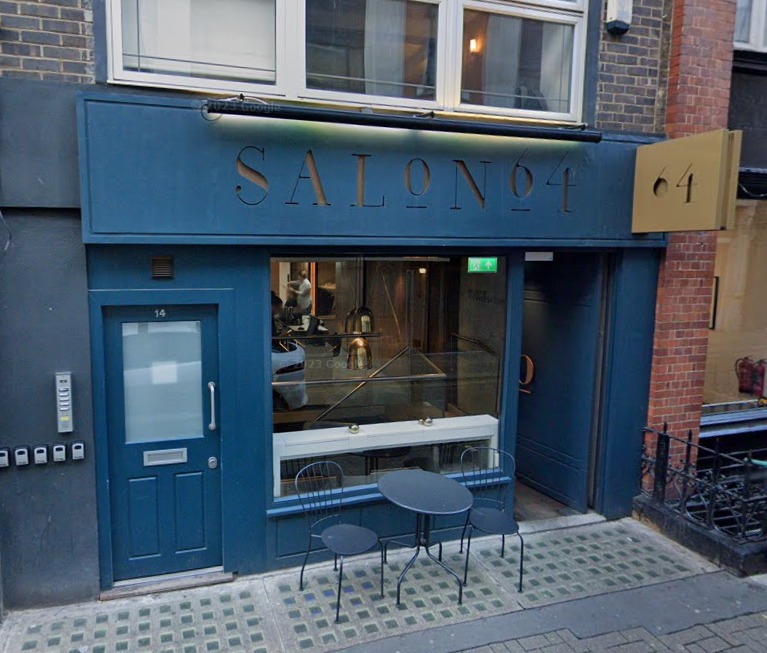A coroner has criticised “extraordinary” shortcomings in a NHS report that wrongly blamed a team of award-winning surgeons for the deaths of dozens of patients.
The report produced by NHS Improvement found that cardiac surgeons at St George’s Hospital, in south London, had caused the deaths of 67 patients, leaving their reputations in tatters.
St George’s NHS Trust suspended two surgeons and paid hundreds of thousands of pounds in legal fees over claims of clinical malpractice and mistakes in care.
But in the latest of a series of inquests, Prof Fiona Wilcox, senior coroner for inner west London, criticised the findings of and said that no blame should have been attached to St George’s medical staff and the two surgeons, Prof Marjan Jahangiri and Dr Justin Nowell.
Over the course of two inquests in the last fortnight, Prof Wilcox has delivered a series of criticisms of the independent mortality review. She ruled that the “entire process” was “faulty”, that its conclusions contained “material errors of fact” and led to grieving families getting a “confusing and distressing” picture of the care their loved ones received.
The latest inquest, held on Thursday, heard that the NHS Improvement report made a series of inaccurate claims when it blamed surgeons for the death of Reginald Bowler, a 76-year-old retired postman with severe heart disease.
Prof Wilcox said she would “entirely reject the findings” of the report and ruled that there was “nothing to criticise in the care received by Mr Bowler”.
Olinga Tahzib, representing Mr Bowler’s family, told the inquest that the hearing had been “difficult” for his widow and family.
Another inquest presided over by Prof Wilcox last week heard that the NHS Improvement review had said failures in care “definitely” contributed to the death of Graham Donald, a 70-year-old former chief executive from Tadworth, Surrey.
However, the coroner “wholly rejected” that finding, ruling instead that the evidence from NHS Improvement was “lacking”, “based only on a reading of the notes” and “put forward expert opinion for which there was no expert to support that opinion”.
She said that the NHS Improvement review had criticised the use of the perfusion, but had not allowed “any feedback from an expert perfusionist”. In her ruling, Prof Wilcox said: “I find that frankly extraordinary.”
https://www.telegraph.co.uk/news/2022/03/26/extraordinary-failings-nhs-criticised-surgeons-wrongly-blamed/





